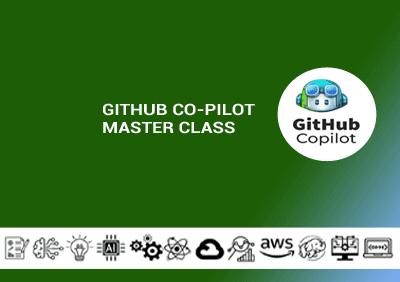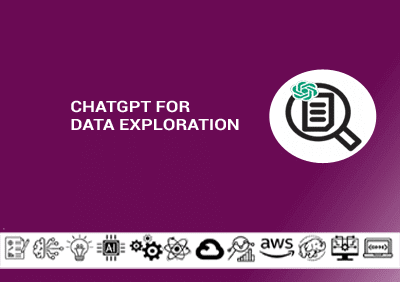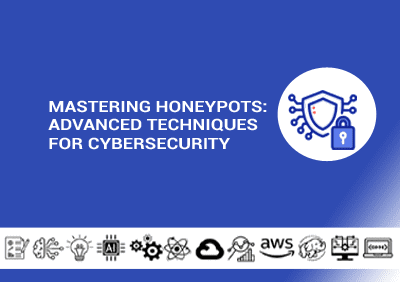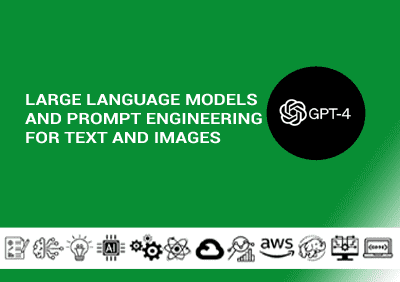- Overview
- Prerequisites
- Audience
- Curriculum
Description:
In this immersive 6-week Business UAT Bootcamp, students will master the essential skills and tools needed for success in the dynamic world of software testing. From Agile Scrum methodologies to comprehensive SDLC understanding, the bootcamp will equip students with testing fundamentals and specialized Business UAT techniques. Students will explore testing tools like JIRA, HP ALM, and TestRail, and hone their abilities to manage, execute, and report on tests efficiently. The Capstone project will enhance student learning with a hands-on project, to jump start their careers as proficient Business UAT Testers.
Course Code – BDT345
Duration: 6 Weeks
Learning Objectives:
- Understand the principles and practices of Agile methodologies, particularly Scrum, and their application in software development projects.
- Gain comprehensive knowledge of the Software Development Life Cycle (SDLC), including its various phases and the role of User Acceptance Testing (UAT) within the SDLC.
- Develop proficiency in testing fundamentals, including different testing types, test case design techniques, test planning, execution, and reporting.
- Acquire specialized skills in Business UAT testing, including requirements gathering, test case creation, test execution, defect management, and stakeholder communication.
- Get familiarity with essential testing tools such as JIRA, HP ALM, and TestRail, and learn how to effectively utilize them for test management, defect tracking, and reporting.
- Apply theoretical knowledge and practical skills acquired throughout the bootcamp to real-world scenarios through a capstone project, demonstrating the ability to effectively plan, execute, and manage UAT activities within an Agile development environment.
- Basic Understanding of Software Development
- Analytical and Problem-solving skills with an eye on detail
- Basic Computer Skills
- Candidates with Bachelor’s in Computer Science or equivalent experience
- Pursuing roles focused on Quality Testing
- Eagerness to learn.
Course Outline:
Software Development Lifecycle (SDLC)
- Types of SDLC methodologies
- Understanding the impact on testing
- Roles and responsibilities
- Role of UAT in SDLC
- Integration of UAT with other phases
- Case study of successful team(s) delivering high quality product
Agile Scrum Methodology
- Scrum Introduction
- Scrum Team
- Scrum Artifacts
- Sprint Increment
- Spring planning
- Backlog
- Retrospective
Testing Fundamentals
- Overview of QA (what/why/benefits)
- QA roles and responsibilities
- Career Growth in QA
- Test Management overview
- Understanding the cycles and purposes of testing
- Types of testing
- Test design overview
- Writing good bugs
- What to measure (metrics for QA)
- Webapp Testing
- Mobile Testing
- Firmware Testing
- Regression testing
- Frequently used tools overview
- Test / Release / Deploy QA overview
- Test documentation: test cases, test scenarios, test scripts
- Hands-on exercises
Business UAT Testing
- UAT Process Overview
- Understanding Business Need
- Understanding the role of a Business UAT Tester
- Identifying stakeholders and gathering requirements
- Acceptance test planning
- Performing UAT
- Writing UAT test cases
- Techniques for writing clear and concise test cases
- Test execution planning for UAT
- Setting up UAT test environments
- Executing UAT test cases and scenarios
- Test execution strategies: manual vs. automated testing
- Test execution environments and configurations
- Test reporting: documenting test results, defect tracking
- Managing test execution and defects
- Best practices for conducting UAT
- Common UAT Challenges
- Science of Effective UAT
- UAT walkthroughs and reviews
- Stakeholder communication and collaboration during UAT
Tools
- Introduction to testing tools
- JIRA
- HP ALM (Application Lifecycle Management)
- TestRail
Capstone Project
- Applying Agile principles, SDLC knowledge, testing fundamentals, and UAT techniques learned throughout the bootcamp
- Deliverables include UAT test plan, test cases, test execution reports, and defect logs
- Presentation of the project to the class.




